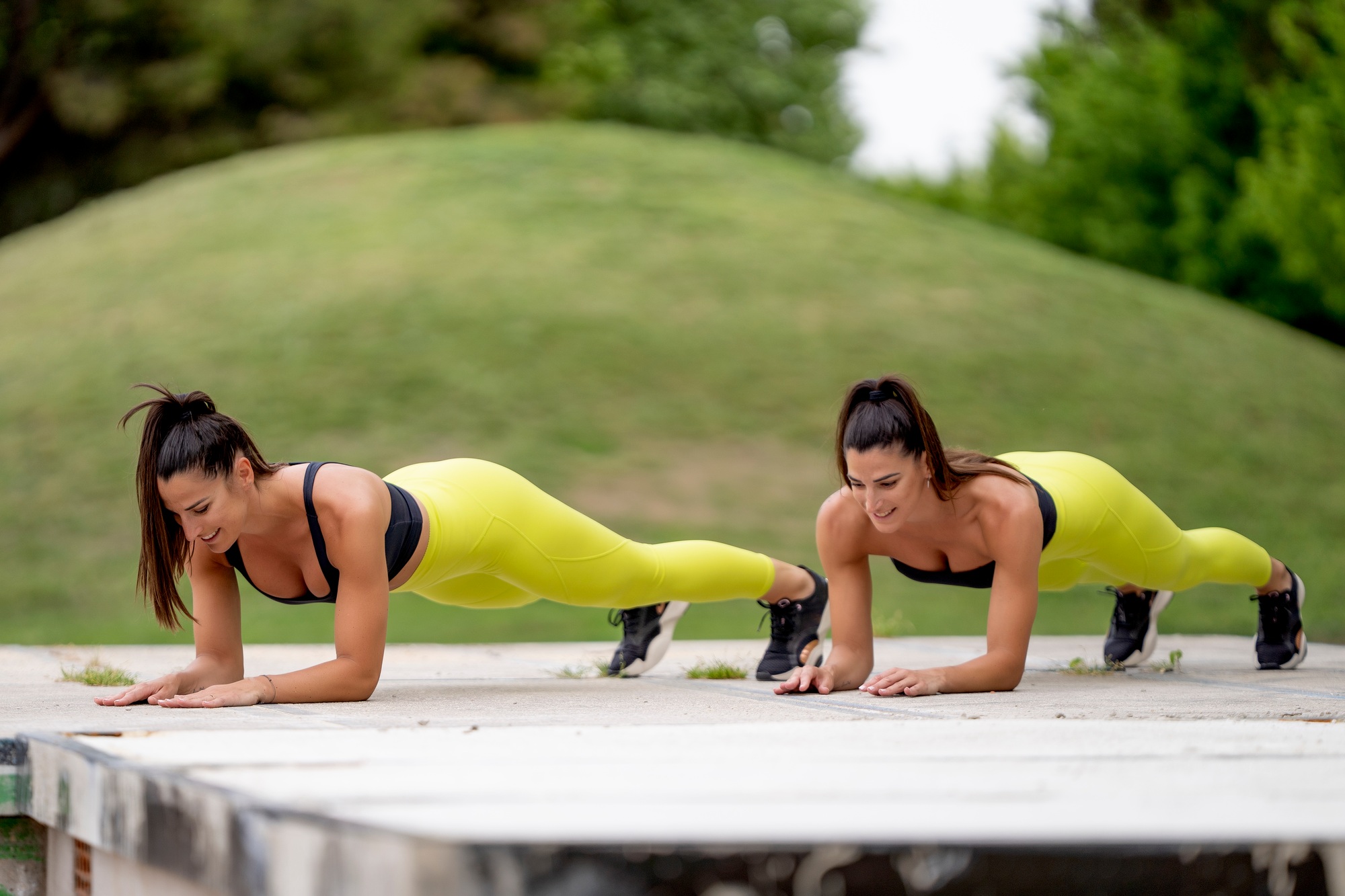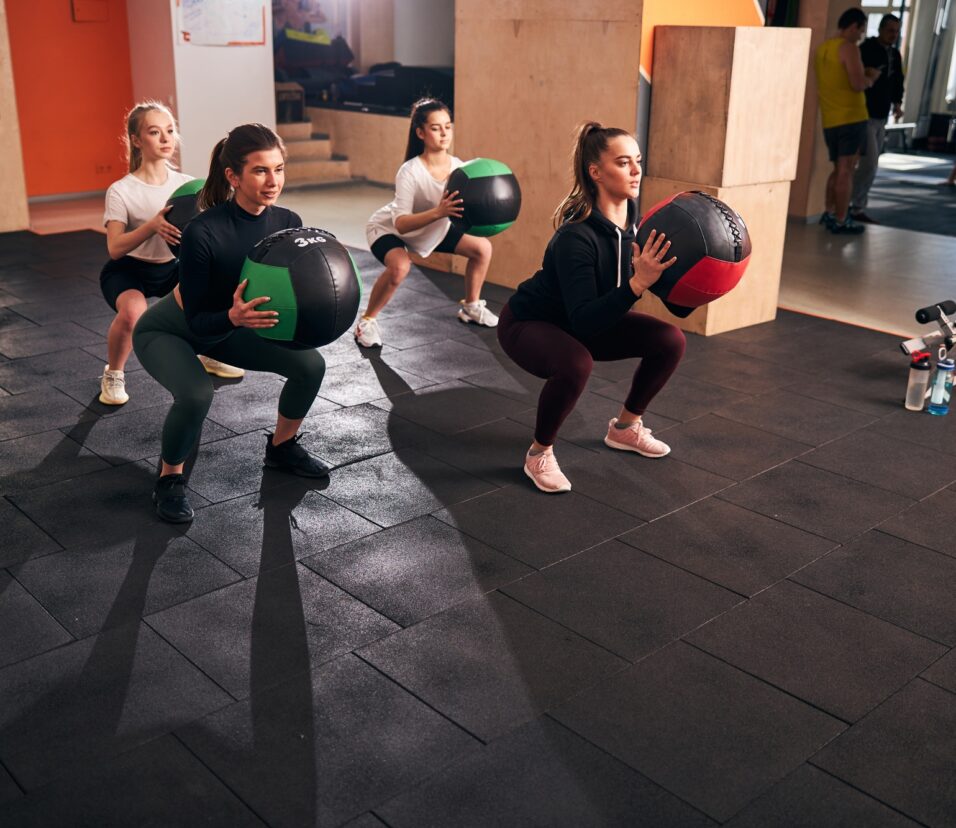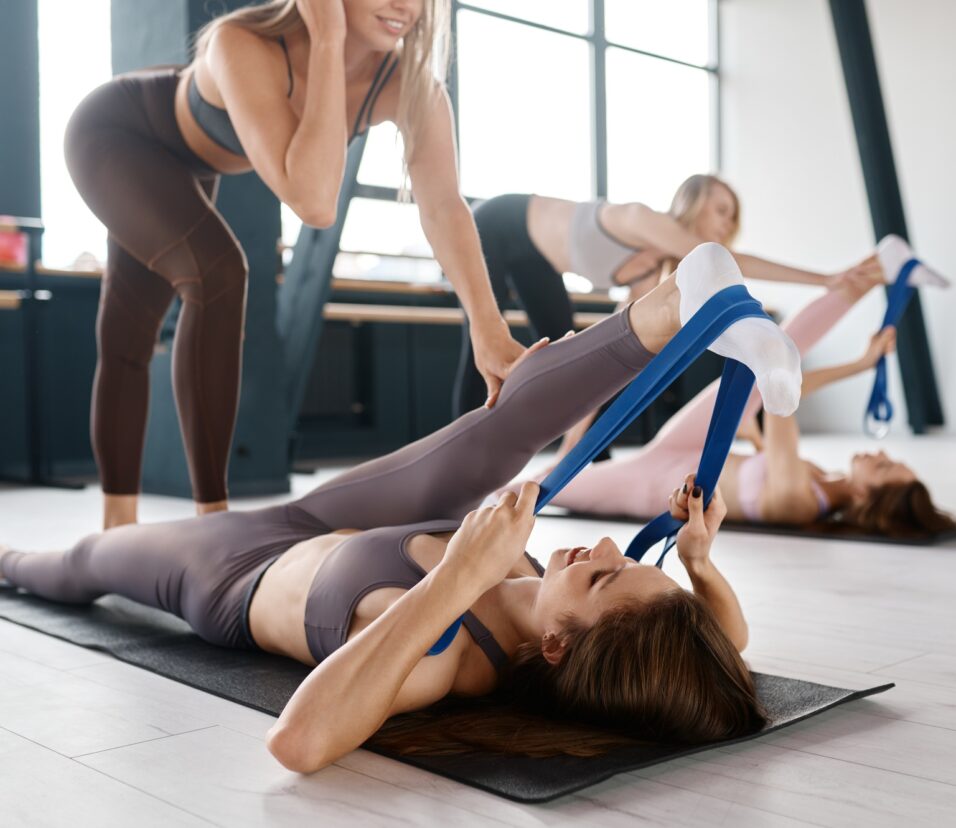🏆 Fitness Challenges: 75 Hard, 30-Day Plank, and 10K Steps a Day – Do They Really Work?
Introduction: The Rise of Fitness Challenges in 2025
In recent years, fitness challenges have become one of the most popular ways to kickstart healthy habits, push personal limits, and stay accountable. From the viral 75 Hard challenge to the classic 30-Day Plank challenge and the globally recognized 10,000 steps a day movement, people are increasingly turning to these structured routines to transform their health.
But do these challenges actually work? Or are they just temporary trends? In this blog, we’ll break down the most popular fitness challenges, their benefits, struggles, risks, and results, and help you decide which one might be right for you in 2025.
🔥 1. The 75 Hard Challenge
✅ What is the 75 Hard Challenge?
Created by entrepreneur Andy Frisella, the 75 Hard Challenge is more than just a workout plan—it’s a mental toughness program. The idea is to follow a strict set of rules for 75 consecutive days without fail.
📋 Rules of the 75 Hard Challenge
- Follow a strict diet (no cheat meals, no alcohol).
- Complete two 45-minute workouts per day (one must be outdoors).
- Drink 1 gallon (3.7 liters) of water daily.
- Read 10 pages of a non-fiction/self-development book daily.
- Take a progress picture every day.
If you miss even one requirement, you have to restart from Day 1.
✅ Benefits of 75 Hard
- Builds extreme discipline and consistency.
- Improves both physical and mental endurance.
- Encourages daily movement and hydration.
- Develops lifelong habits.
⚠️ Risks & Challenges
- Very intense, not ideal for beginners.
- Time-consuming (90 minutes of workouts daily).
- Risk of burnout or injury if overtraining.
- Not flexible for people with busy schedules.
🏆 Who Should Try It?
- Intermediate or advanced fitness enthusiasts.
- People looking for a mental and physical transformation.
- Those who thrive under strict discipline.
💪 2. The 30-Day Plank Challenge
✅ What is the 30-Day Plank Challenge?
This challenge focuses on building core strength and endurance by holding the plank position daily for increasing amounts of time over 30 days.
📋 How It Works
- Day 1: Hold a plank for 20 seconds.
- Each day, increase by 5–10 seconds.
- By Day 30: Hold a plank for 4–5 minutes.
✅ Benefits of the 30-Day Plank Challenge
- Strengthens core, shoulders, and back.
- Improves posture and stability.
- Requires no equipment—perfect for home workouts.
- Quick and time-efficient (just a few minutes daily).
⚠️ Risks & Challenges
- Can strain the back or shoulders if form is incorrect.
- Progress may stall if you have weak core muscles.
- Not a complete workout—should be combined with other exercises.
🏆 Who Should Try It?
- Beginners looking for a simple fitness habit.
- People with limited time or space.
- Anyone wanting to improve core stability and posture.
🚶 3. The 10,000 Steps a Day Challenge
✅ What is the 10K Steps Challenge?
Walking 10,000 steps daily (roughly 5 miles or 8 km) has become one of the most popular global fitness trends. Originally popularized by a Japanese pedometer campaign in the 1960s, it’s now a widely recommended goal for health and wellness.
📋 How to Track 10,000 Steps
- Use a fitness tracker, smartwatch, or phone app.
- Incorporate walking into daily routines (commuting, breaks, evening walks).
- Break steps into smaller walks throughout the day.
✅ Benefits of 10,000 Steps a Day
- Improves cardiovascular health.
- Burns 300–500 calories daily, aiding fat loss.
- Low-impact, safe for all ages.
- Boosts mental health and reduces stress.
- Improves sleep quality and energy levels.
⚠️ Risks & Challenges
- May be hard for people with sedentary jobs.
- Time commitment (60–90 minutes of walking daily).
- Not enough for muscle building—should be paired with resistance training.
🏆 Who Should Try It?
- Beginners starting their fitness journey.
- Seniors looking for safe, low-impact activity.
- Office workers aiming to combat sedentary lifestyles.
⚖️ Comparing the Challenges: Which One Should You Choose?
| Challenge | Difficulty Level | Time Commitment | Focus | Best For |
|---|---|---|---|---|
| 75 Hard | Advanced | High (2+ hours daily) | Discipline, full fitness | Motivated individuals ready for transformation |
| 30-Day Plank | Beginner to Intermediate | Low (5–10 min daily) | Core strength | Busy people, core stability seekers |
| 10K Steps | Beginner | Medium (1–1.5 hrs daily) | Cardio & health | Beginners, seniors, office workers |
🧠 Psychological Benefits of Fitness Challenges
Aside from physical improvements, fitness challenges also bring powerful mental health benefits:
- Creates accountability and discipline.
- Provides structure and routine.
- Boosts confidence when milestones are achieved.
- Helps overcome procrastination.
- Encourages community support (social media groups, friends, family).
📌 Tips for Success in Any Fitness Challenge
- Start at Your Level – Don’t jump into advanced challenges without preparation.
- Prioritize Form Over Duration – Especially with planks, form is everything.
- Stay Hydrated & Eat Well – Nutrition supports results.
- Track Progress – Use apps or journals to stay motivated.
- Don’t Compare Yourself to Others – Focus on personal growth.
- Rest When Needed – Listen to your body to avoid injuries.
🌍 Why Fitness Challenges Will Keep Growing in 2025
Fitness challenges are not just trends—they’ve become social movements. Platforms like TikTok, Instagram, and YouTube showcase transformation stories, making challenges highly motivational and accessible. With the rise of wearable tech, AI fitness apps, and online communities, fitness challenges will continue to evolve and attract millions worldwide.
📝 Conclusion: Which Challenge is Right for You?
Whether it’s the extreme 75 Hard, the focused 30-Day Plank, or the sustainable 10,000 steps a day, fitness challenges are powerful tools to kickstart your journey, build discipline, and achieve results.
- Choose 75 Hard if you’re ready for a life-changing challenge.
- Choose the 30-Day Plank Challenge if you want a quick, core-focused routine.
- Choose 10,000 steps a day if you’re looking for a safe, long-term habit.
At the end of the day, the best challenge is the one you’ll stick with consistently. Start small, stay committed, and remember: fitness is not about perfection, but progress. 💪









Leave feedback about this